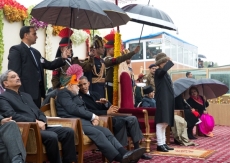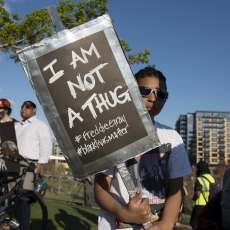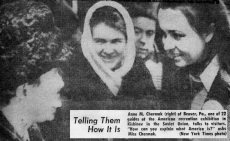The CPD Blog is intended to stimulate dialog among scholars and practitioners from around the world in the public diplomacy sphere. The opinions represented here are the authors' own and do not necessarily reflect CPD's views. For blogger guidelines, click here.

David S. Jackson on when trolling gets real.

Paul Rockower surveys and samples the pavilions in Milan.

R.S. Zaharna offers insight gleaned from the Int'l Communication Assn.'s annual conference.

The current world’s fair, with the theme “Feeding the Planet, Energy for Life,” shines a bright light on its host Milan.

What public diplomacy strategies did Afghanistan’s President Ashraf Ghani and India’s Prime Minister Narendra Modi use during their first official visits to the U.S.?

David S. Jackson on the journalism-propaganda conundrum.

The perceptions of human rights in the U.S. and abroad.

A tried and true public diplomacy method comes back to life.
Pages
Visit CPD's Online Library
Explore CPD's vast online database featuring the latest books, articles, speeches and information on international organizations dedicated to public diplomacy.
POPULAR ARTICLES
-
January 20
-
January 2
-
December 15
-
December 17
-
December 17
Featured Blogger
Join the Conversation
Interested in contributing to the CPD Blog? We welcome your posts. Read our guidelines and find out how you can submit blogs and photo essays >.








